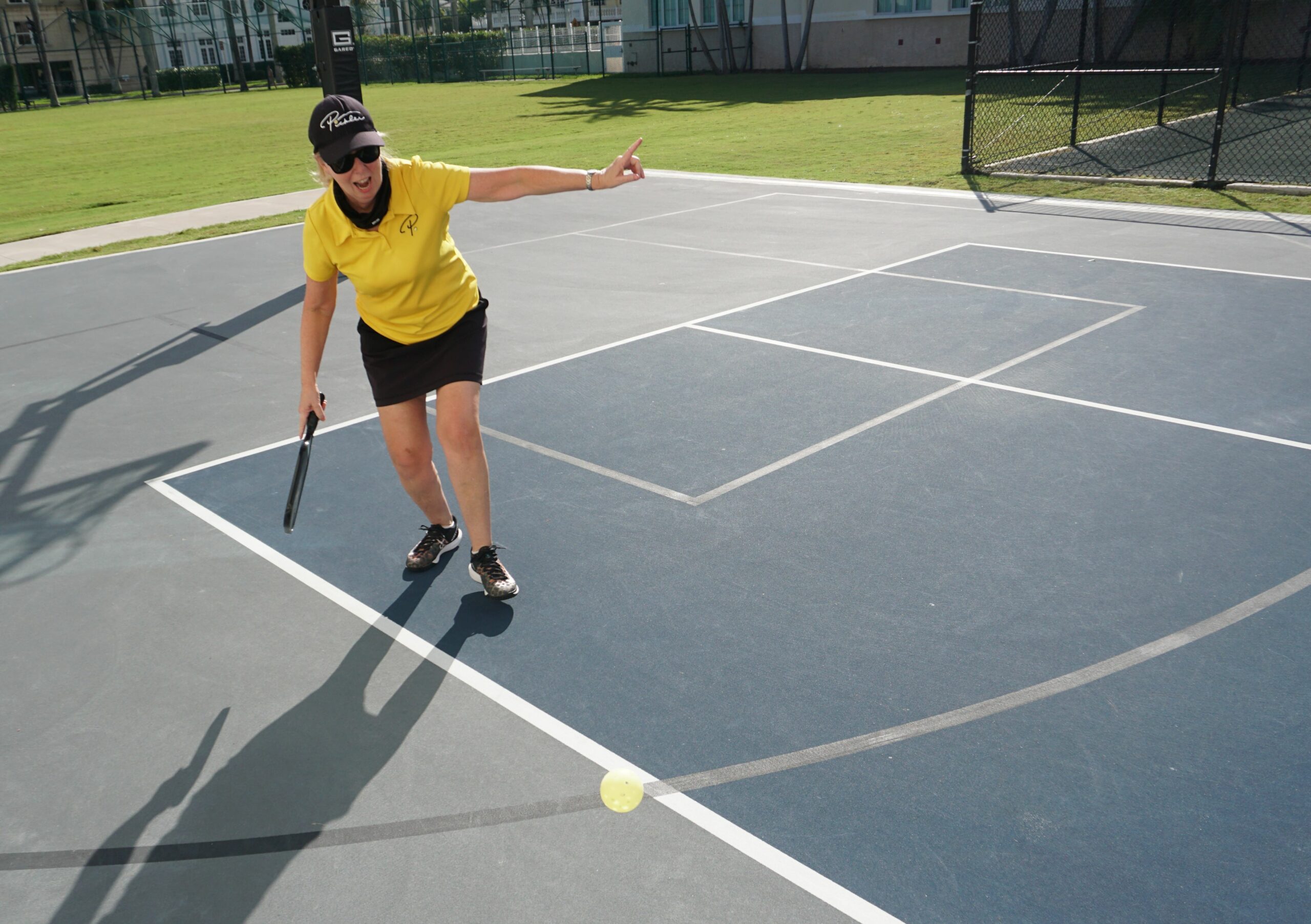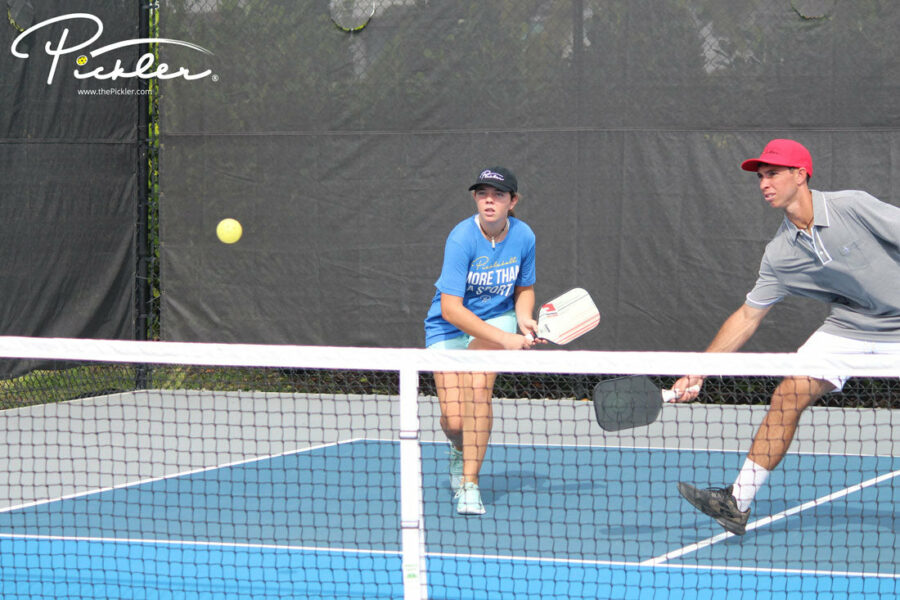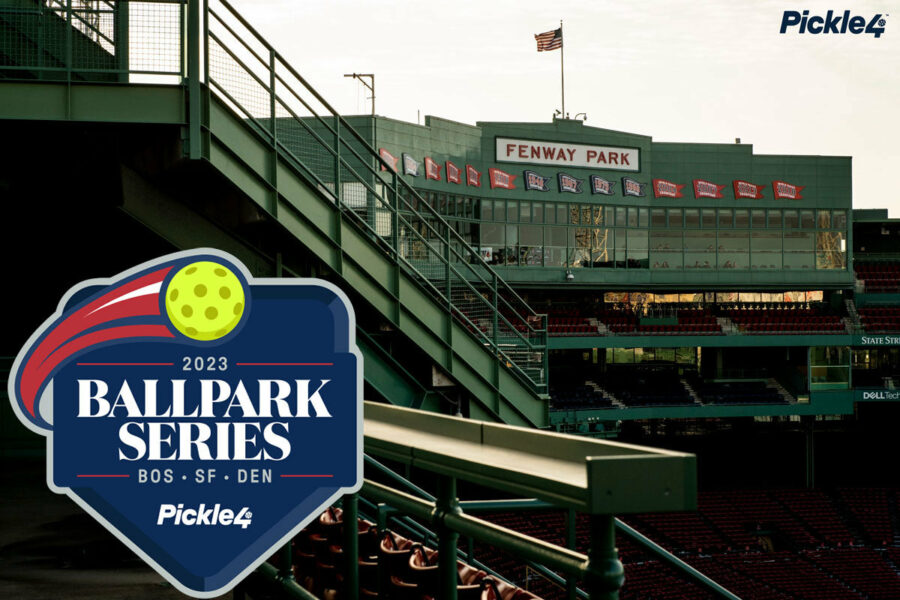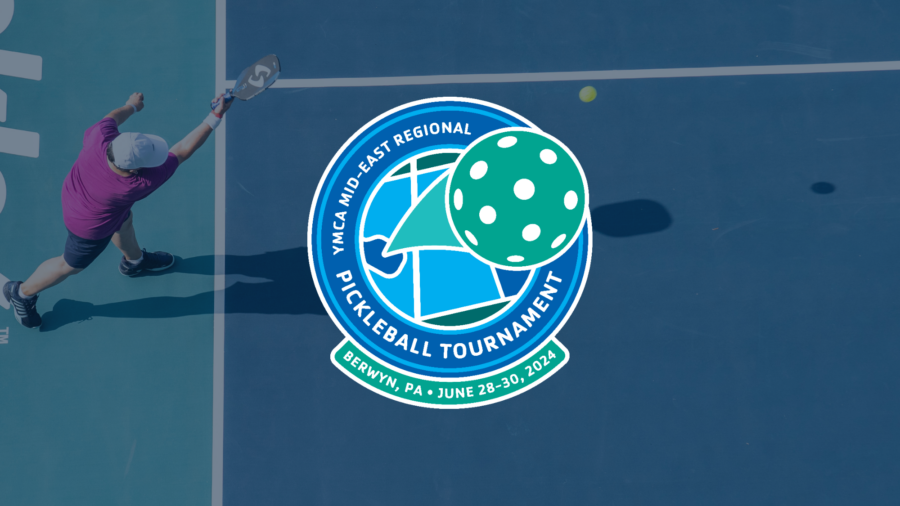The sport of pickleball takes the “Scout’s honor” approach to line calling in most settings, including most recreational play and most tournament play, as players are responsible for making line calls on the pickleball court. The exception to this may only be where there are line judges for all sides of the pickleball court – although the players on the pickleball court would still call the centerline on the serve. To help foster the sport of pickleball’s honor approach to line calling, Rule 6.D of the 2020 Official Rulebook for USA Pickleball establishes a code of ethics for line calling on the pickleball court. This “Code of Ethics for Line Calling” provides:
- Players must use their best efforts to be accurate.
- Players should only call a ball “out” when looking across a line if they can clearly see space between the line and the space where the ball lands.
- Players should call “out” balls promptly, using voice and hand signals (deaf or hard of hearing players may use only hand signals), which should be before the opponent(s) hit the pickleball. To note, voice and hand signals should be used regardless of how obvious the call may have been.
- Players must give the benefit of any doubt on a line call to their opponent(s). In other words, if there was any uncertainty, the opponent(s) win the rally.
- If a doubles team disagrees on whether the pickleball was “in” or “out,” then the ball will be ruled “in,” unless there is a referee, the referee saw the line call, and the referee rules the pickleball “in.”
- Spectators should not weigh in on any line call.
- Players should not question their opponent(s) line calls. However, if there is a referee, players may appeal to the referee at any time prior to the complete score being call for the next point.
- Players may ask their opponent(s) to make a line call. However, if the opponent(s) were unable to see the line call, then the ball will be ruled “in” and the opponent(s) will win the rally. As soon as a player asks the opposing team to make a line call, then that player has given up his or her right to make the line call.
- If the pickleball is in the air, and a player yells “out,” “no,” or other similar phrases to communicate with his or her partner in doubles play, then such voice communication is deemed partner communication and is not a line call. However, if the pickleball has bounced, then a line call will be deemed to have been made and play will stop.
- Players may (even when there is a referee and/or line judges) overrule a call to their disadvantage at any time.
- To note, if there is a referee:
- The referee will call foot faults on the serve and at the Kitchen Line. However, the players will still make other line calls.
- A player may ask the referee to make a line call at any time prior to the complete score being call for the next point. However, if the referee was unable to see the line call, then the referee will rule the ball “in” and the opposing team will win the rally. As soon as a player asks the referee to make a line call, then that player has given up his or her right to make the line call.
- If a referee overrules a line call, then the player(s) that did not make the line call will win the rally. In other words, the player(s) that made the line call will lose the rally.
- As mentioned above, if there are line judges, then the only line call that players are responsible for is the centerline on the serve.
Although there is a written “Code of Ethics for Line Calling”, it seems refreshing that the sport of pickleball fosters a culture of good sportsmanship by embracing an honor system for line calling.
Do you adhere to the “Code of Ethics for Line Calling” on the pickleball courts? How would you improve the line calling system in pickleball (if at all)?




